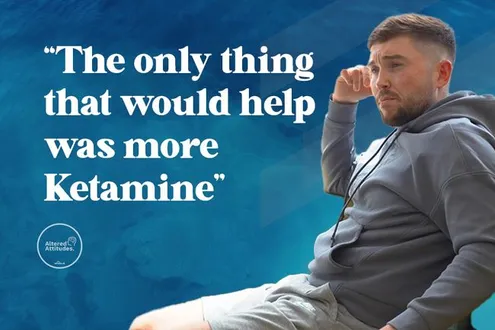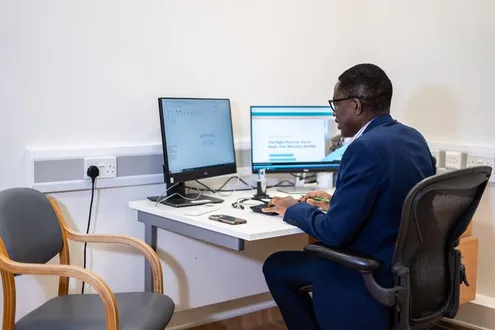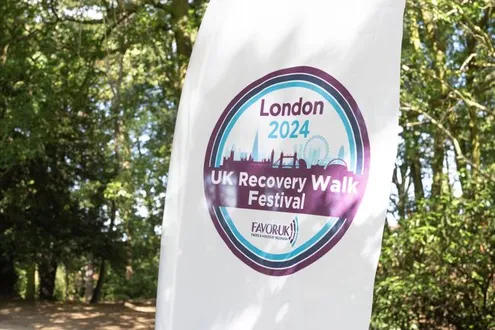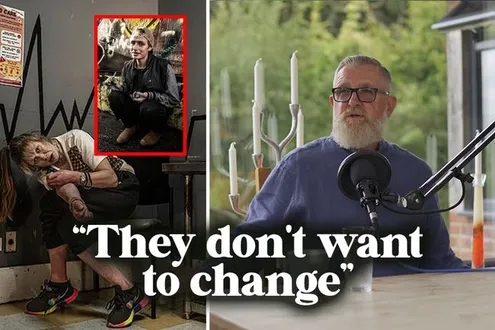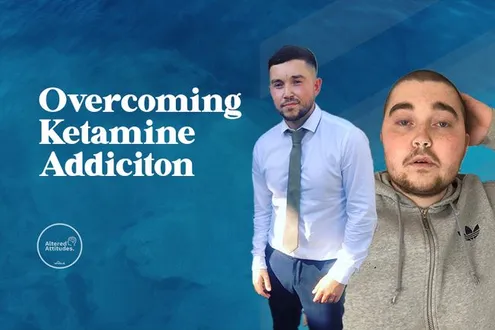Assessment and Evaluation: Upon entering a rehab facility, you will undergo an initial assessment and evaluation process. This includes medical and psychological assessments to determine the severity of your addiction, any co-occurring mental health conditions, and the appropriate treatment plan.
Detoxification: Depending on the severity of your addiction, you may need to go through a detoxification phase to safely and gradually eliminate the drug from your system. This process may involve medical supervision to manage withdrawal symptoms and ensure your safety throughout.
Individualised Treatment Plan: A comprehensive treatment plan will be tailored to your specific needs. It may include a combination of individual therapy, group therapy, behavioral therapies, and other evidence-based interventions. These approaches aim to address the underlying factors contributing to your addiction, develop coping skills, and promote long-term recovery.
Counseling and Therapy: Individual therapy sessions with a qualified counselor or therapist can help you explore the root causes of your addiction, develop healthier coping mechanisms, and work through any co-occurring mental health issues. Group therapy provides peer support and allows you to connect with others who are going through similar struggles.
Education and Skill Building: Ecstasy rehab programs often provide educational sessions and workshops to help you understand the risks and consequences of ecstasy use, learn relapse prevention strategies, and acquire life skills that support a drug-free lifestyle.
Holistic Approaches: Many rehab centers incorporate holistic therapies and activities to promote overall well-being. These may include mindfulness practices, art therapy, yoga, exercise programmes, and nutritional counseling. Such holistic approaches aim to address the physical, emotional, and spiritual aspects of recovery.
Aftercare and Relapse Prevention: Once the formal treatment programme is complete, aftercare planning becomes essential. This may involve ongoing therapy sessions, participation in support groups such as 12-step programme (e.g., Narcotics Anonymous), and regular check-ins with a counselor or therapist to maintain sobriety and prevent relapse.
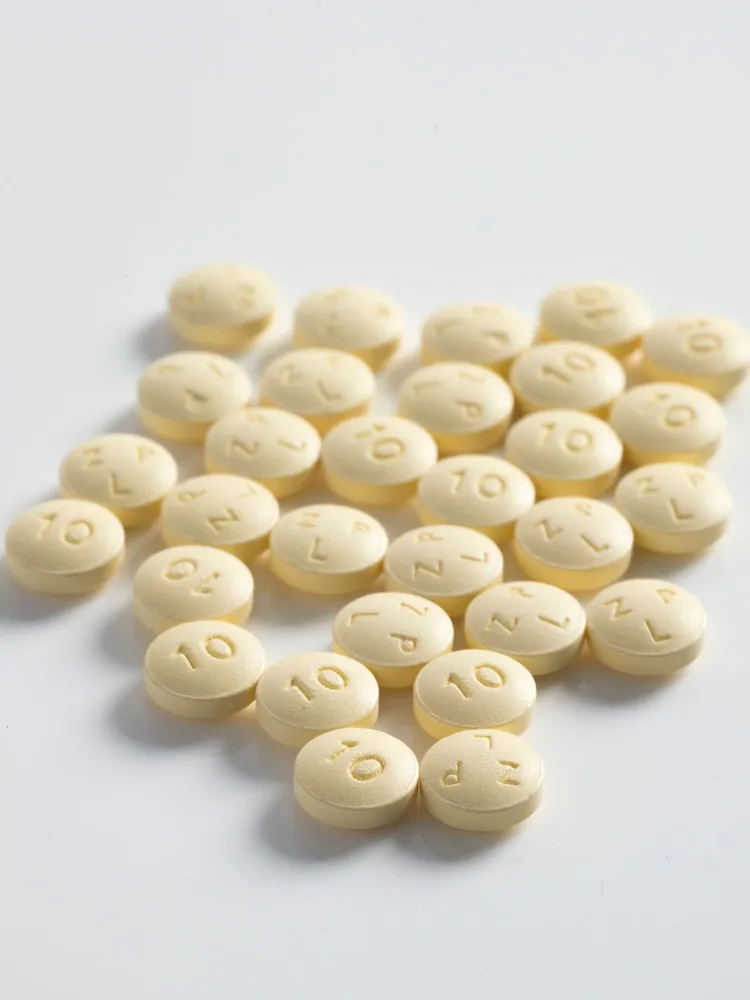
You may need a detox when Ecstasy use has got out of control. For example, when Ecstasy use becomes addiction and starts to take over the individuals life. When day-to-day tasks get pushed aside and Ecstasy is the only thing taking priority in someone’s life.
When Ecstasy starts to deteriorate a person’s life in terms of personal relationships, school or work this is when a detox is needed. If someone is unable to stop using Ecstasy on their own this is another reason why a detox may be necessary.
If someone isn’t addicted to Ecstasy but just using it and has the ability to stop using when they want too – in this case detoxing may not be necessary.
If the individual is addicted to Ecstasy and cannot stop on their own then it is likely that a detox is not enough on its own. Addiction often stems from past trauma or events in someone’s life. By taking part in a detox but not continuing treatment plans after the likelihood to relapse would be higher.
The success of staying in recovery is increased If the triggers and past events have been addressed in further treatment.
More often than not detox alone is never enough.
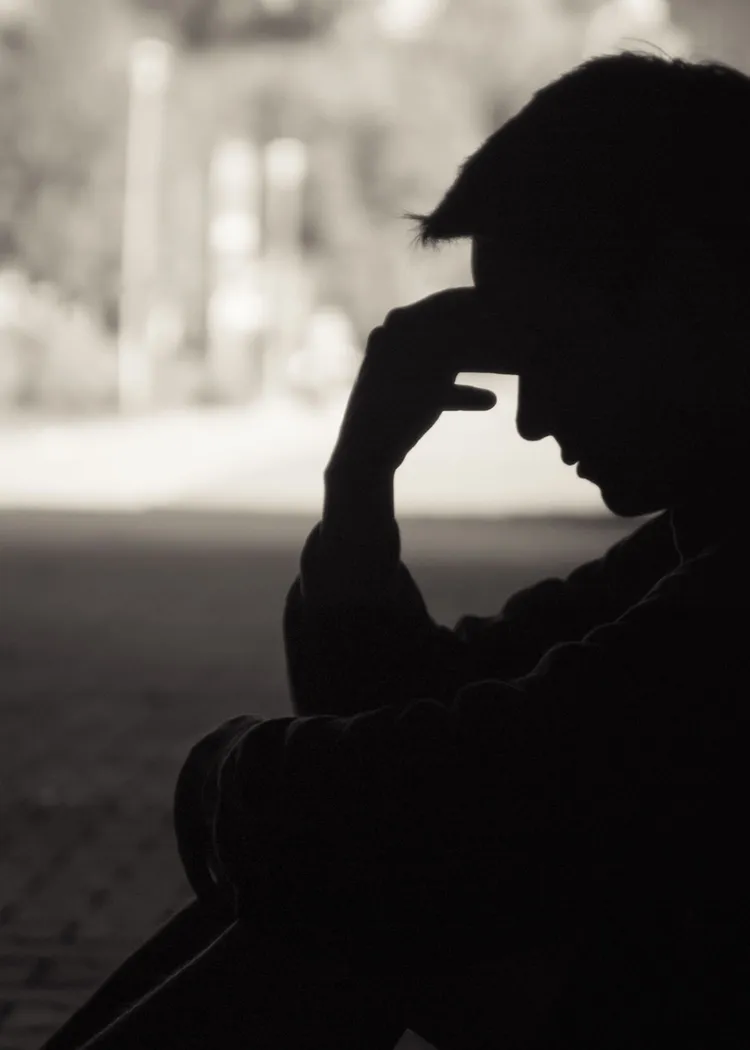
Unlike other drugs, having treatment for Ecstasy addiction isn’t as physically uncomfortable or painful as other substances. However, strong psychological symptoms can be experienced, such as hallucinations, anxiety and confusion.
Treatment in a rehabilitation centre offers a controlled environment in which a user can be medically supervised. Receiving treatment in-centre is common. Medical professionals can monitor a person’s heart rate, temperature and hydration levels, as well as any changes in reflex and muscular action. Inpatient rehabilitation programmes, and in particular detox programmes, take 28 days. The length of time it takes for a person to recover depends on the severity of their addiction.



